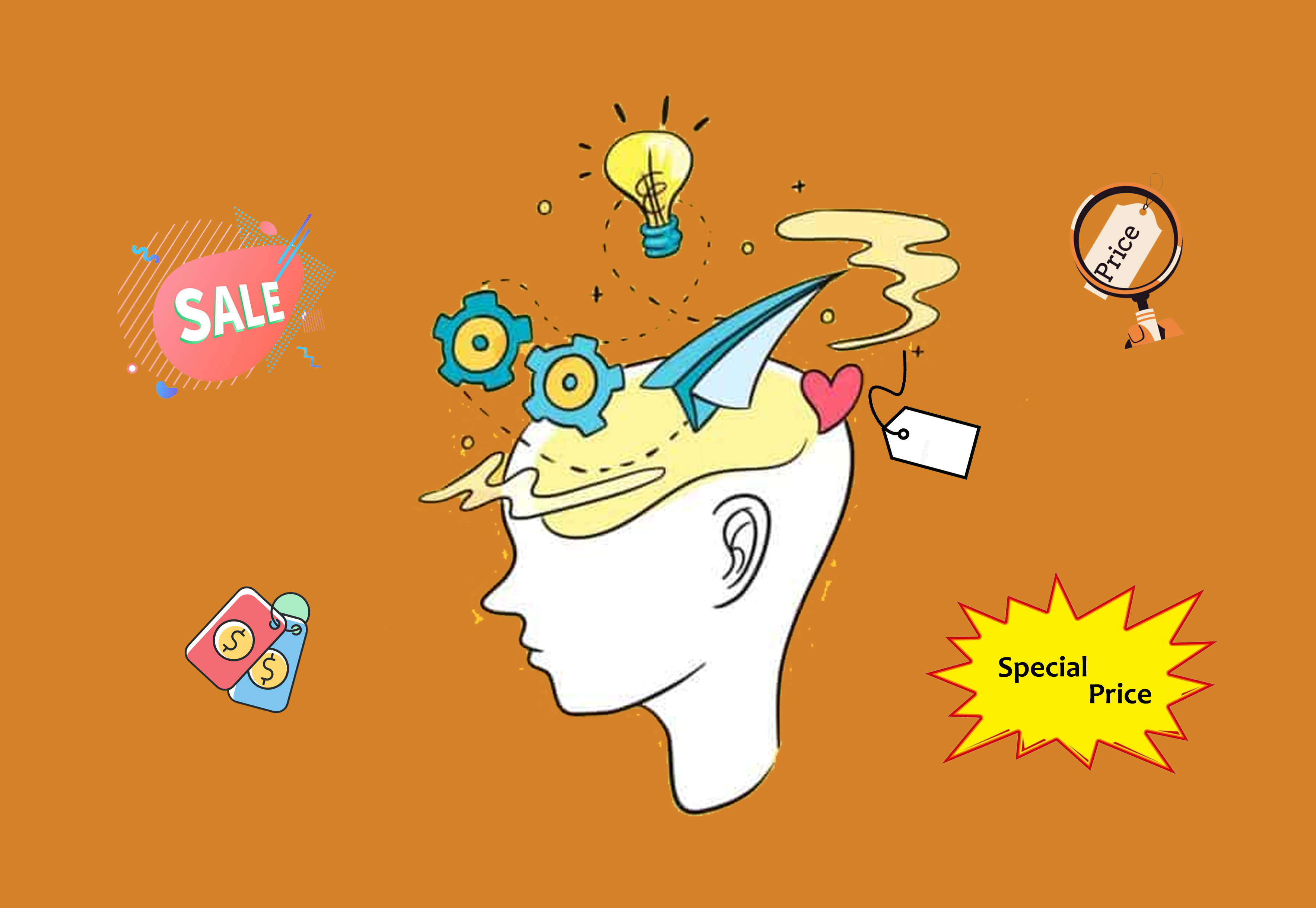
Well, the correct answer is the first deal at 30% off. Surprising isn’t it? If you didn’t notice the difference between those deals quickly, you are in the same boat as most shoppers.
The majority of us don’t whip out calculators to ensure we’re scoring a deal, and it is our biological makeup that predicts almost everyone will rely on relative proportions when deciding whether to pull the trigger.
Refer to this article here for more information about discount strategies
So why are discounts appealing to people?
Based on the following psychological points, it is worth noting that people will always take a deal if any option is available.
1.Sigmund Freud’s pleasure principle is the idea that we are hardwired to seek immediate pleasure and avoid pain
What it means in selling: provoke a sense of urgency for shoppers with a flash sale. Observe whether you can successfully tap into this instinctual drive buried deep within our subconscious by positioning your items as “buy now or regret later”, “last chance”.
Retailers like Zara, a mid-level clothing brand, trigger that urgency sense into their product lifecycle. They don’t restock that frequent but still have a high product turnover. Customers think that if they don’t purchase immediately, they may miss their chances altogether.
2. Humans aren’t great at processing large numbers. From this eBay Deals video, we can develop expectations around what the correct result of a simple equation should be as infants. But as numbers and equations get more complicated, understanding doesn’t come as naturally and we look to the proportion of two numbers.
What it means in selling: Most of us don’t assimilate a 50% increase in quantity is equivalent to 33% savings on the price. Instead of doing some sorts of complicated math, shoppers are more likely to be enticed by a free gift with their purchase. Choose a gift that will help promote your brand by exposing a shopper to something new and encourage them to come back.
Every year Sephora, a beauty retailer sends a special gift to all members of their rewards program. Beyond that, shoppers get their pick of free samples at checkout in-store and online.
3. Professor and researcher E. Tory Higgins formulated the regulatory focus theory, which explores the relationship between a person’s motivation and how they achieve a goal. Human motivation is rooted in advancement (think to gain) and security (think avoiding loss). Our decisions are influenced by whether we lean towards promotion or prevention as well as our state of mind under different circumstances.
What it means in selling: choose the word phrasing to promote your discount wisely too. “GET 25% off” appeals to our need to achieve a gain, while “SAVE 25%” speaks to our need to avoid a loss. A recent study ratified that customers who are promotion-focused respond better to sale materials that include the “Get” wording.
The science of sales lies in knowing your customer. Look beyond any discount to find the right discount that will drive sales and result in happy, repeat customers.
